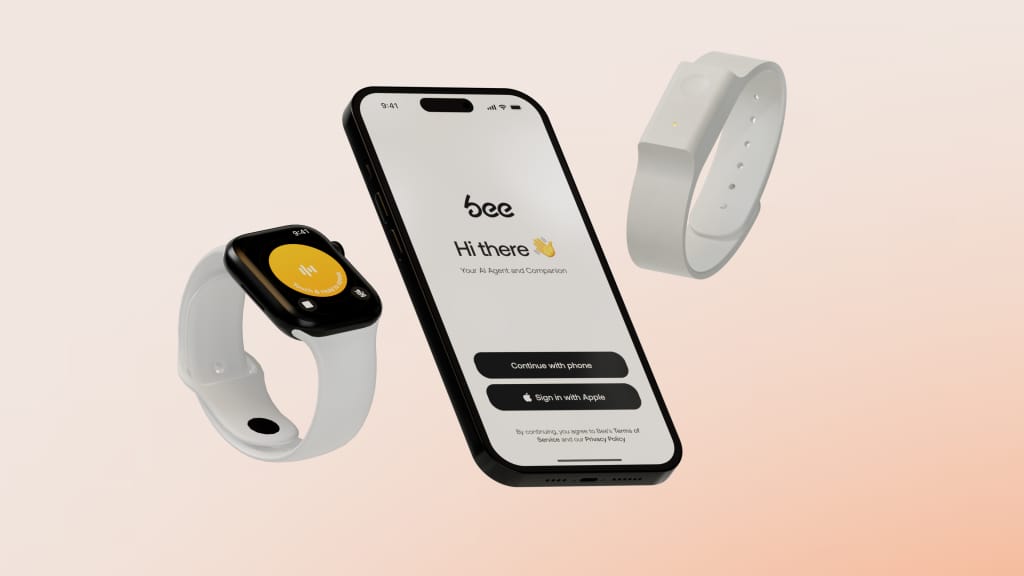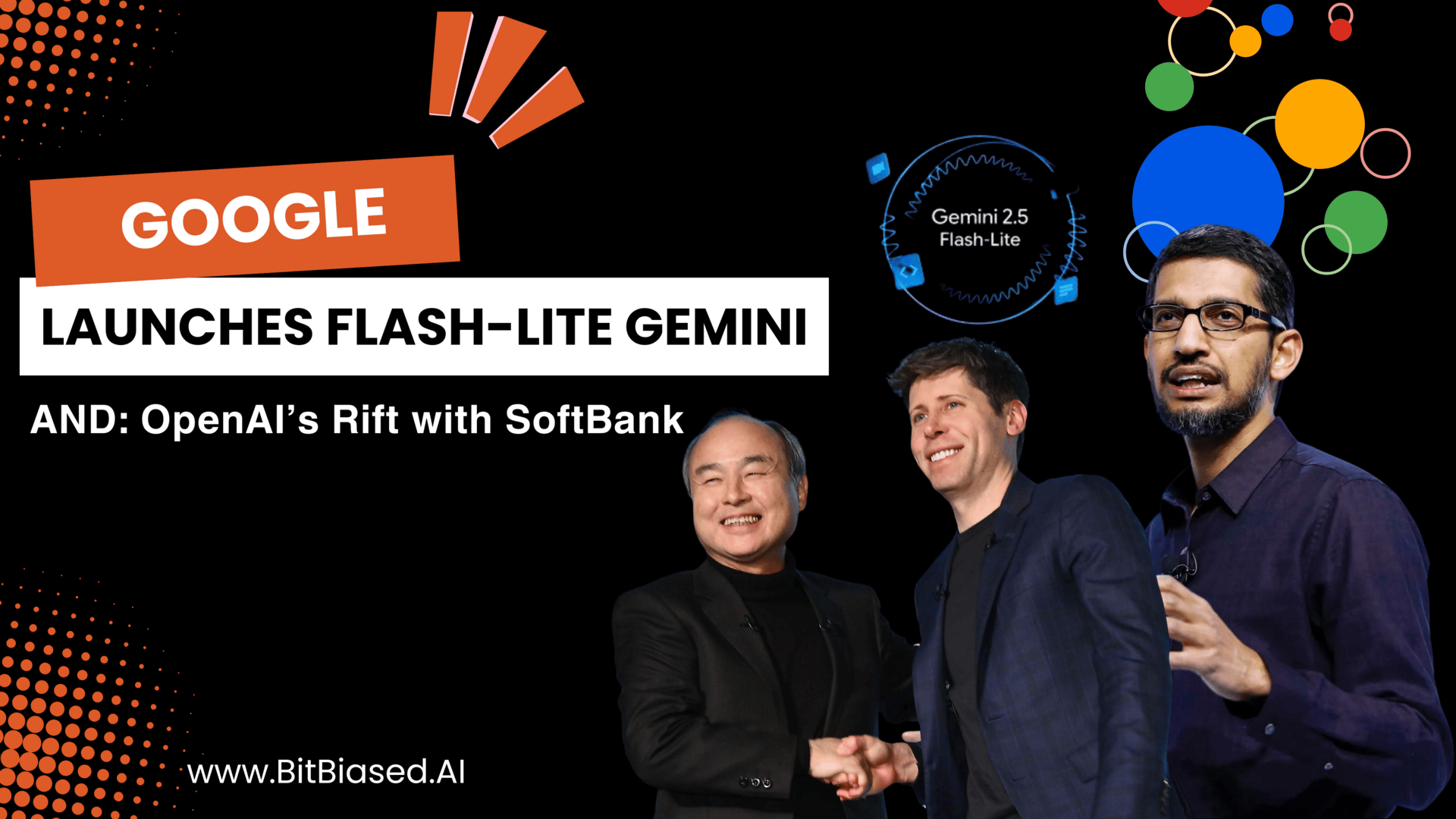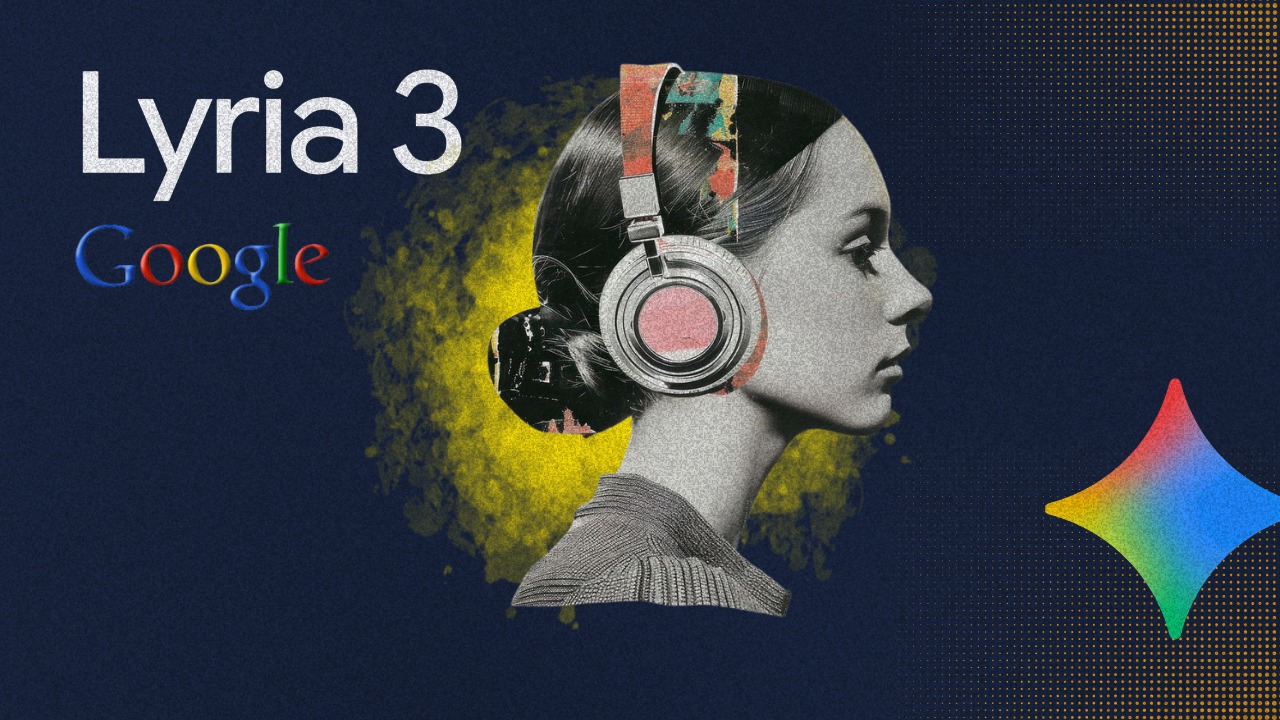
Welcome, Humans!
Ready for your daily dose of AI chaos? I’ve rounded up Today’s Top AI Headlines for those who like to stay ahead – and for the curious, I’ve got some eyebrow-raising stories Beyond the Headlines. Let’s dive in.
In a Nutshell:
Google Launches Flash-Lite Gemini
Amazon Buys Bee Wearable AI
Mental Health Bot “Ash” Launches
Microsoft Raids DeepMind Researchers
SoftBank Rift Sparks OpenAI Shakeup
🚀Today’s Top AI Headlines:

Google Launches Flash-Lite Gemini: Google has unveiled Gemini 2.5 Flash-Lite, its fastest and most cost-effective model yet, aimed at developers running high-volume AI tasks. The release positions Flash-Lite as an ideal solution for real-time operations like summarization, translation, and extracting frames from videos. Priced at just $0.10 per million input tokens, it offers unmatched affordability for apps that need consistent speed and scale.
The model is engineered for latency-sensitive environments, making it a powerful option for startups and enterprises alike. Developers building large-scale platforms or AI tools for customer service, transcription, or international content will benefit most. Flash-Lite’s lean architecture means faster responses with minimal trade-offs in quality, especially compared to larger, more expensive models in its class.
Google’s move reflects its broader strategy to dominate the infrastructure layer of AI adoption. With Flash-Lite, the company hopes to undercut rivals on price and performance. As usage of AI continues to grow globally, models like this are essential to keep costs manageable without sacrificing capability.
Source: Google🤖 Robi: “It’s fast, it’s cheap, and it doesn’t ghost you mid-prompt. Unlike my last relationship.”
Amazon Acquires Bee AI Wearable: Amazon has officially acquired Bee, a startup developing an AI-powered wearable that records and summarizes everyday conversations. The device, resembling a lapel pin, is designed to act as a real-time memory assistant—helping users recall discussions, tasks, and even emotional tone throughout their day. The acquisition aligns with Amazon's growing interest in ambient computing and AI-driven personal devices.
While Bee’s innovation is exciting, it raises serious privacy and ethical questions. The device constantly listens, processes, and stores interactions, even in public spaces or private conversations. Critics argue that such technology may push the boundaries of consent and surveillance. However, proponents believe these features can help neurodiverse users, busy professionals, or people managing cognitive health.
Amazon’s acquisition signals its ambition to extend Alexa’s functionality beyond home devices and into wearable ecosystems. By integrating Bee’s memory-capture AI with its existing voice assistant and health services, Amazon could offer an all-in-one productivity and wellness platform. Whether this blend of convenience and controversy will appeal to consumers remains to be seen, but it’s clear Amazon is betting big on the future of AI wearables.
Source: BloomBerg🤖 Robi: “Finally, a device that remembers your arguments better than your partner does.”
Slingshot AI Launches Ash: Slingshot AI has introduced Ash, a new AI companion built specifically for mental health support. Unlike generic chatbot therapists, Ash is clinically informed and trained on nuanced psychological data. It’s not designed to diagnose or prescribe but to gently guide users through emotional exploration and reflective self-conversation, serving as a supportive outlet rather than a solution engine.
Ash’s focus is on deep listening, emotional mirroring, and thoughtful prompts. It responds empathetically, encouraging users to express what they’re feeling and why, without offering dangerous advice or medical claims. This differentiates it from existing mental health bots, which often default to surface-level responses or risk triggering distressing content when misused.
Built in collaboration with mental health professionals, Ash enters a growing space where AI meets emotional wellness. As loneliness and anxiety increase globally, tech companies are exploring safer ways to deliver accessible mental health tools. Ash could become a preferred alternative for those who aren’t ready or able to speak with a human therapist, while still needing a space to think out loud.
Source: Business Wire
🤖 Robi: “Ash won’t fix you, but it also won’t interrupt with ‘Have you tried yoga?’ every five seconds.”
🔍Beyond the Headlines:
Microsoft Raids DeepMind Talent: Microsoft has hired over 20 researchers from Google DeepMind, including the former head of Gemini engineering. The move strengthens Microsoft’s Copilot and Bing teams as it races to match or surpass Google’s AI models.These hires signal an aggressive push to close technical gaps with rivals and tighten Microsoft’s grip on foundation model development. It’s a talent raid dressed in Silicon Valley handshakes.
Source: CNBC🤖 Robi: “Microsoft’s hiring spree is the HR version of CTRL+C from Google.”
OpenAI-SoftBank Rift Grows: Tensions rise between OpenAI and SoftBank as Sam Altman expands Stargate with Oracle. Elon Musk claims SoftBank “doesn’t have the money,” and reports suggest OpenAI may reopen its $40B round. This shakeup could impact AI alliances heading into late 2025.
Source: Reuters🤖 Robi: “Billionaires beefing while I still can’t afford a memory upgrade.”
🤖Prompt of the Day:
Brand Storytelling Excellence
Prompt:You are a brand storytelling expert specializing in crafting compelling narratives that connect with audiences and differentiate brands in competitive markets. Your task is to develop a comprehensive brand storytelling strategy for a [business type or niche] offering [product or service] across [communication channels] to resonate with [describe target audience].
Your strategy should include: (1) brand story development including origin, mission, and value proposition, (2) narrative frameworks for different content types and platforms, (3) character development and brand personality consistency, (4) emotional connection strategies that build brand loyalty, (5) story integration across all marketing touchpoints, and (6) storytelling effectiveness metrics including brand recall, emotional engagement, and purchase intent. The stories must be authentic and consistently communicated.
🤖AI Tools You Didn’t Know You Needed:
Problem: Background noise during calls and recordings can be distracting and unprofessional, especially when working from home.
AI Solution: Some tools remove background noise in real-time, ensuring crystal-clear audio in any environment.
AI Tool: Krisp uses AI to remove background noise, echo, and room reverberation from calls and recordings in real-time.
Helpful Features
Real-Time Noise Removal: Works during live calls and recordings.
Voice Clarity: Enhances speech while removing distractions.
Universal Compatibility: Works with any conferencing or recording app.
Privacy First: Processes audio locally on your device.

⚡ Robi’s Hot Take on X

The AI Friendship Dilemma
🤖 “Would you rather spend your Friday night with…”
🤖 What Did You Think, Humans?





